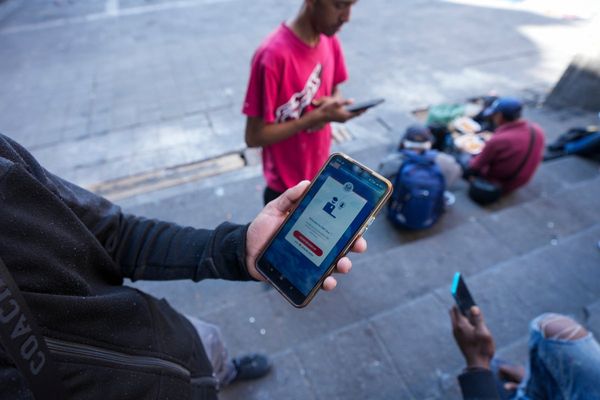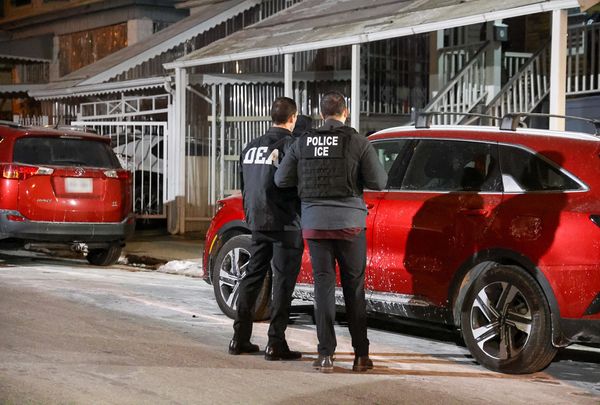The Supreme Court allowed the Trump administration to use a centuries-old national security law to remove migrants alleged to be Venezuelan gang members, in a decision Monday that also allows those detained to first have a chance to have a federal judge review their situation.
In a 5-4 decision, the justices lifted a lower court order that temporarily stopped the U.S. from using the 1798 law known as the Alien Enemies Act to remove members of Tren de Aragua without giving the migrants a chance to challenge the move.
The Supreme Court ruled that individuals facing removal under the presidential proclamation can file claims in court that give them a form of due process to give them a chance to contest the allegations — and must be given a chance to do so.
“The only question is which court will resolve that challenge,” the unsigned decision states.
The majority said the claims must be filed where the detainees are being held in Texas, and that the government must notify the detainees of their removal in a way that will allow them “to actually seek habeas relief in the proper venue before such removal occurs.”
The American Civil Liberties Union and Democracy Forward had challenged the removals under the proclamation in a different way in the U.S. District Court for the District of Columbia. In the decision, the majority said it did not reach the question of the government’s interpretation that Trump is within his power to use the Alien Enemies Act to make these removals, which he has used to send alleged gang members to a prison in El Salvador with a record of human rights abuses.
Attorneys for the migrants have raised warnings in court filings that the government has admitted that many individuals removed to the prison don’t have criminal records in the United States and the process for identifying who is a member of the gang is flawed.
In a dissent, Justice Sonia Sotomayor points out that all nine justices agree that lower courts now will probe whether a migrant is in fact a member of Tren de Aragua and the meaning of an “invasion” or “predatory incursion.”
The 1798 law states that noncitizens age 14 and up can be removed as “alien enemies” whenever there is “a declared war between the United States and any foreign nation or government, or any invasion or predatory incursion” is tried “by any foreign nation or government.” Trump, in the proclamation, said the Tren de Aragua gang is “undertaking hostile actions and conducting irregular warfare against the territory of the United States.”
Sotomayor, in her dissent joined by Justices Elena Kagan and Ketanji Brown Jackson and in part by Justice Amy Coney Barrett, wrote that the court action means the government cannot usher detainees “onto planes in a shroud of secrecy.”
“To the extent the Government removes even one individual without affording him notice and a meaningful opportunity to file and pursue habeas relief, it does so in direct contravention of an edict by the United States Supreme Court,” Sotomayor wrote.
Sotomayor wrote about other concerns, in that detainees scattered across the country must each obtain counsel and file petitions without knowing “whether they will remain in detention where they were arrested or be secretly transferred to an alternative location.”
Those who are unable to fight in court “face the prospect of removal directly into the perilous conditions of El Salvador’s CECOT [prison], where detainees suffer egregious human rights abuses,” Sotomayor wrote.
It’s not immediately clear what the decision means for the pending lawsuit before Judge James E. Boasberg of the D.C. District Court, who is set to have a hearing in the case Tuesday.
The post Supreme Court allows Trump immigration move under wartime law appeared first on Roll Call.







